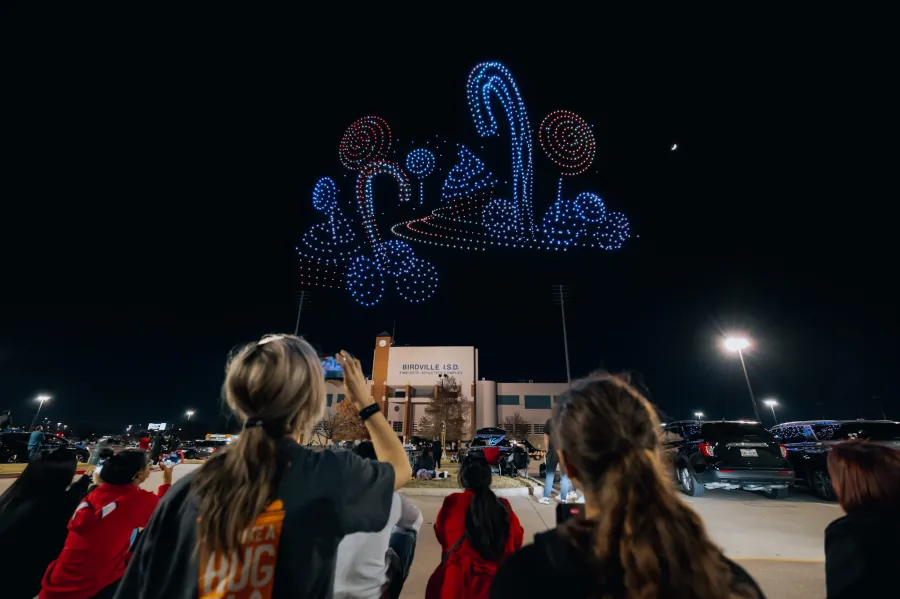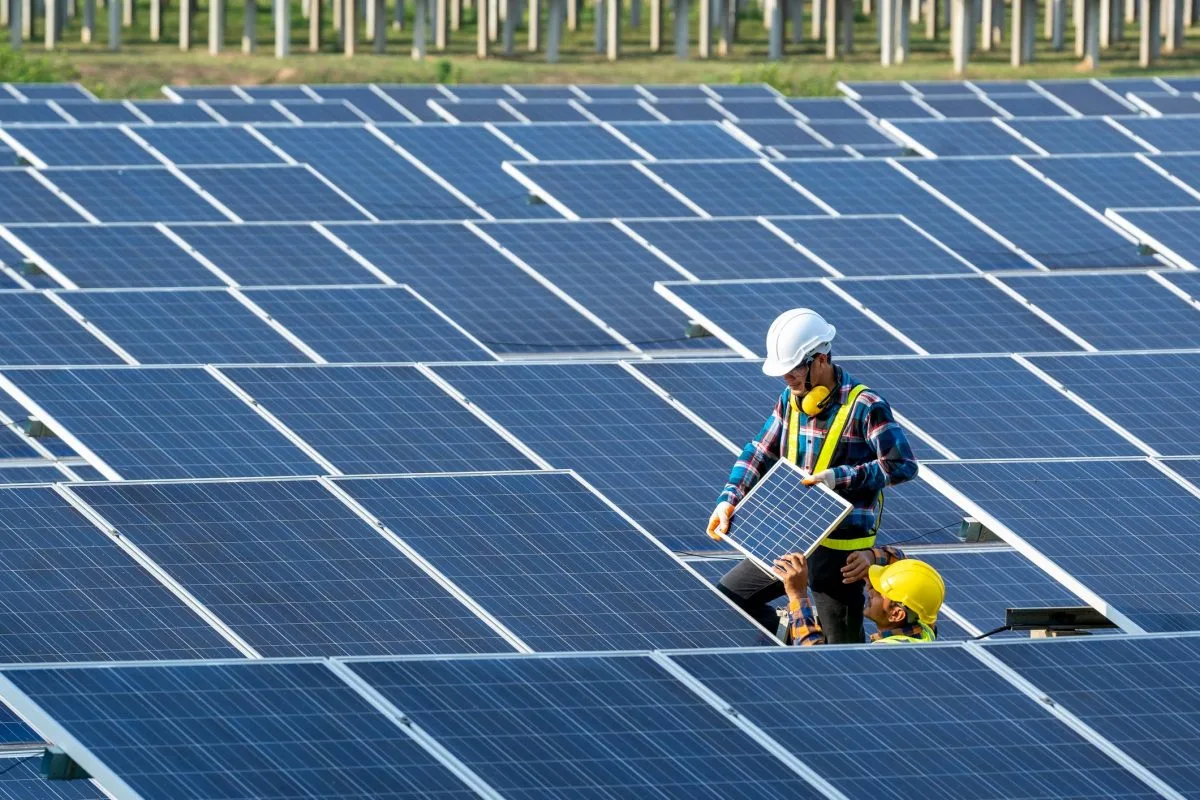Will Drone Shows Replace Fireworks

In recent years, the spectacle of fireworks lighting up the night sky has been rivaled by an emerging trend: drone light shows. These innovative displays, involving hundreds or even thousands of drones equipped with LEDs, create intricate and mesmerizing patterns in the sky. As technology advances and environmental concerns grow, it’s worth exploring the question: Will drone shows replace fireworks? Learn more about the technology innovations in our article here.
The Appeal of Drone Shows
Drone light shows offer several advantages over conventional fireworks. Firstly, they are reusable. Unlike fireworks, which are a one-time use spectacle, drones can be programmed and deployed repeatedly, making them a more sustainable option. This reusability also means that, over time, drone shows could become more cost-effective than traditional fireworks, which require new materials for each event.
Another significant advantage is precision. Drones can be programmed to form specific patterns, logos, and even animate sequences in the sky, offering a new level of creativity and customization. This precision allows for complex storytelling and branding opportunities that fireworks can’t match, making drone shows particularly attractive for corporate events and large-scale public celebrations.
Environmental and safety concerns also play a crucial role in the debate that will the drone shows replace fireworks. Fireworks produce smoke and leave behind debris, contributing to pollution and posing fire risks, especially in dry areas. Drones, on the other hand, are environmentally friendly as they do not emit smoke or chemicals. Additionally, the safety risks associated with mishandled fireworks are negated by the controlled, programmed nature of drone performances.
Challenges and Limitations of Drone Shows
Despite their advantages, drone shows face several challenges. The technology required for these displays is complex and requires significant expertise in both programming and aviation. Weather conditions like strong winds and rain can also impact the performance of drones more than they would affect fireworks, potentially limiting the feasibility of drone shows in certain climates or seasons.
Furthermore, there is a cultural and emotional aspect to fireworks that drones have yet to replicate. The sound of fireworks, the sudden burst of light, and the traditional use during celebrations like New Year’s Eve and national holidays carry a historical significance that drone shows cannot easily replace. For many, fireworks are synonymous with celebration, and this deep-seated tradition can be hard to shift.
Current Trends and Future Outlook
Currently, both forms of entertainment coexist, often complementing each other at major events. For example, the Olympics and major national day celebrations around the world have started integrating drone shows alongside fireworks, using drones for part of the event and fireworks for the grand finale. This hybrid approach leverages the strengths of both technologies, creating a comprehensive display that maximizes visual impact while minimizing environmental damage.
Looking to the future, it’s likely that the use of drone shows will continue to expand. As drone technology advances and becomes more accessible, we can expect to see more organizations opting for drone displays. Moreover, as global awareness of environmental issues grows, the demand for greener alternatives to fireworks will likely increase, propelling the adoption of drone technology in the entertainment industry.
Conclusion
While it’s unlikely that drone shows will completely replace fireworks in the near future, they are certainly poised to become a popular alternative. With their ability to reduce environmental impact, enhance safety, and unlock new creative possibilities, drone shows represent a significant evolution in how we think about public spectacles. Whether for environmental reasons, safety, or the sheer scope of what can be achieved visually, drone light shows are an exciting development in aerial entertainment, signaling a bright future where technology elevates tradition.


